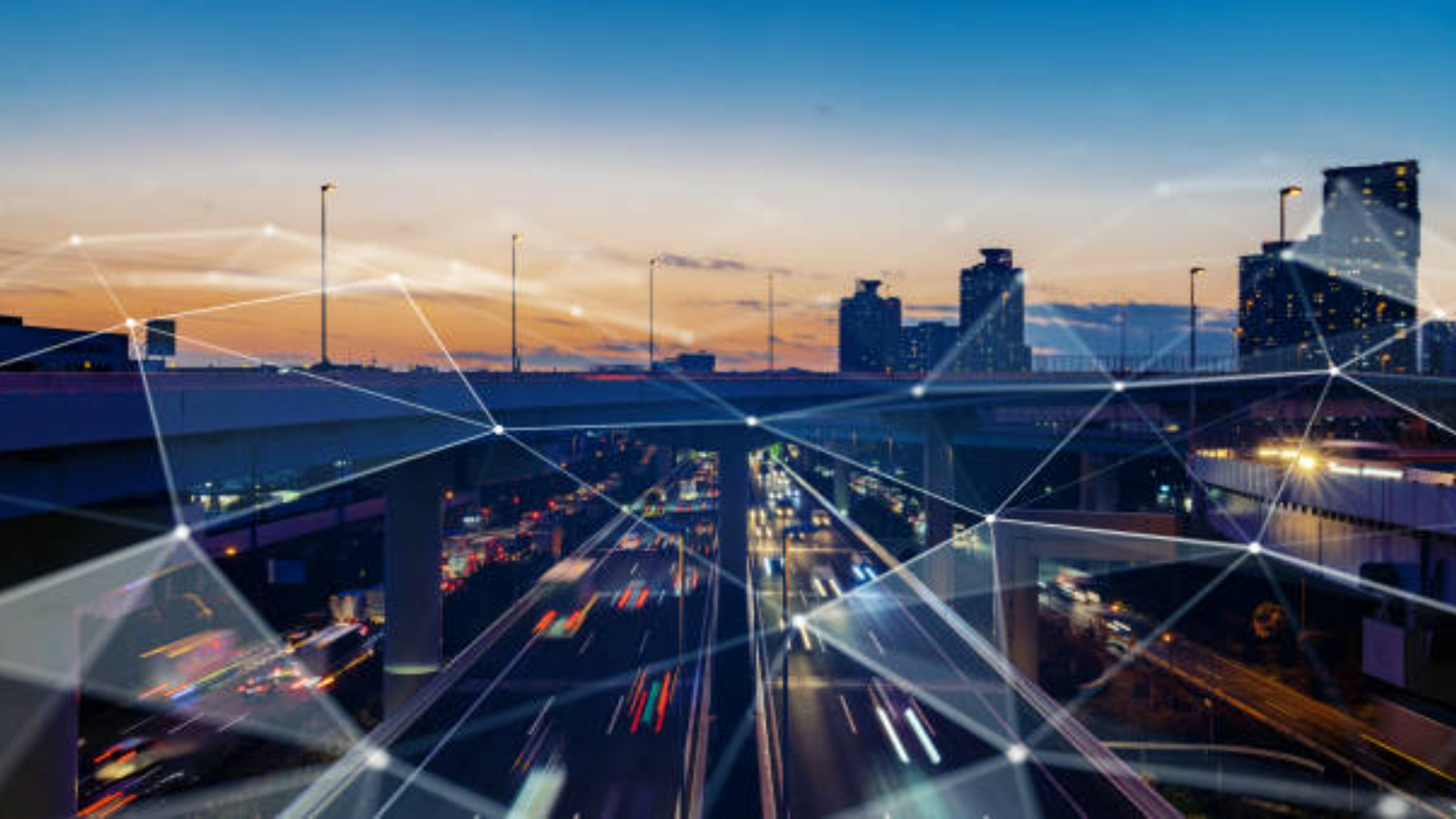In this Article
Introduction
In the rapidly evolving landscape of urban development, the term “smart city” has become a buzzword. But what exactly does it mean? A smart city leverages technology and data to enhance the quality of life for its citizens, improve sustainability, and streamline urban services.
This guide explores the multifaceted meaning of a smart city, its key components, benefits, challenges, and future potential.
What is the Meaning of a Smart City?
A smart city is a technologically advanced urban area that uses different types of electronic methods and sensors to collect data. This data is then used to manage assets, resources, and services efficiently. The ultimate goal is to create a more efficient, sustainable, and livable environment for residents, improving everything from public services to economic development and environmental sustainability.
Key Components of a Smart City
1. Internet of Things (IoT) Devices:
- IoT devices such as sensors, cameras, and smart meters collect real-time data on various aspects of urban life, including traffic, air quality, energy usage, and waste management.
2. Data Analytics and Artificial Intelligence (AI):
- Advanced data analytics and AI algorithms analyze the data collected by IoT devices to provide insights and support decision-making. For example, AI can predict traffic congestion patterns and suggest alternative routes.
3. Connectivity Infrastructure:
- High-speed internet, 5G networks, and other connectivity infrastructures are essential for the seamless operation of smart city technologies.
4. Smart Governance:
- Digital platforms enable more efficient governance by facilitating citizen engagement, transparent decision-making, and efficient service delivery.
Benefits of a Smart City
1. Improved Quality of Life:
- Smart cities enhance the quality of life by providing better public services, reducing pollution, and increasing safety.
- Initiatives such as smart lighting and intelligent transportation systems contribute to a safer and more convenient urban experience.
2. Economic Growth:
- The adoption of smart technologies attracts businesses, fosters innovation, and creates job opportunities.
- Enhanced infrastructure and services make cities more attractive to investors and skilled professionals.
3. Environmental Sustainability:
- Smart cities promote sustainable practices through efficient resource management, reducing carbon footprints, and encouraging green initiatives.
- Smart grids and energy-efficient buildings reduce energy consumption and greenhouse gas emissions.
4. Efficient Public Services:
- Technology streamlines public services such as transportation, waste management, and energy distribution, making them more efficient and responsive to citizen needs.
- Real-time data enables quicker response times and proactive maintenance of infrastructure.
Challenges of Smart Cities
1. Privacy Concerns:
- The extensive data collection in smart cities raises significant privacy issues. Ensuring that citizens’ personal information is protected is crucial.
- Transparent data policies and robust encryption methods are necessary to safeguard privacy.
2. Digital Divide:
- Not all citizens have equal access to the technology required to benefit from smart city initiatives, leading to a digital divide.
- Efforts must be made to ensure inclusivity and equal access to digital services.
3. Cybersecurity Threats:
- Increased connectivity and reliance on digital systems make smart cities vulnerable to cyber-attacks.
- Implementing strong cybersecurity measures and regular system audits are essential to protect against threats.
4. Financial Sustainability:
- The development and maintenance of smart city infrastructure require significant financial investment, posing a challenge for many municipalities.
- Public-private partnerships and innovative financing models can help address these financial challenges.
The Future of Smart Cities
The future of smart cities looks promising with advancements in technology and increasing awareness of sustainable practices. Emerging trends include:
1. Integration of Renewable Energy Sources:
- Smart cities are likely to integrate more renewable energy sources like solar and wind power to achieve energy sustainability.
- Energy storage solutions and smart grids will further enhance energy efficiency.
2. Autonomous Vehicles:
- The adoption of autonomous vehicles could revolutionize urban transportation, reducing traffic congestion and accidents.
- Integration with smart infrastructure will enable seamless, efficient transportation networks.
3. Enhanced Citizen Participation:
- Technologies that enable greater citizen engagement and participation in governance will become more prevalent.
- Digital platforms for feedback, participatory budgeting, and community planning will empower residents.
4. AI-Driven Urban Planning:
- AI and machine learning will play a significant role in urban planning, making cities more adaptive and resilient.
- Predictive analytics will help city planners make informed decisions to accommodate growth and change.
Conclusion
A smart city is more than just a technologically advanced urban area; it represents a vision of a sustainable, efficient, and inclusive future. By leveraging technology and data, smart cities aim to improve the quality of life for their citizens while addressing the challenges of urbanization. As we continue to innovate and address the challenges associated with smart cities, the potential for creating more livable and sustainable urban environments becomes increasingly attainable.
How Can We Help?
The AlphaX ecosystem offers comprehensive solutions to support cities in implementing their smart city projects. From advanced data analytics and scalable technologies to citizen engagement platforms, AlphaX provides the tools and expertise needed to overcome challenges and achieve your smart city goals. For more information on how AlphaX can assist your city, visit AlphaX Contact Us.
References
Related Blog Posts
How Smart Cities Connect: Getting Started with Edge AI and IoT Technology
How to Get Started with Edge AI and IoT Technologies in Smart Cities: Overcoming Integration Challenges In recent years, the concept of smart cities has evolved from a futuristic Read More
5 Step Strategy: Ensuring Security and Privacy in 15-Minute Smart Cities
Introduction Ensuring security and privacy in 15-minute smart cities is a critical challenge as urban areas become increasingly connected through IoT and edge AI technologies. These cities aim to Read More
What is a smart city and the challenge of legacy systems
How to Get Started with Integrating Legacy Systems in Smart Cities Smart cities are transforming urban landscapes by leveraging technology to improve the quality of life for residents. However, Read More




